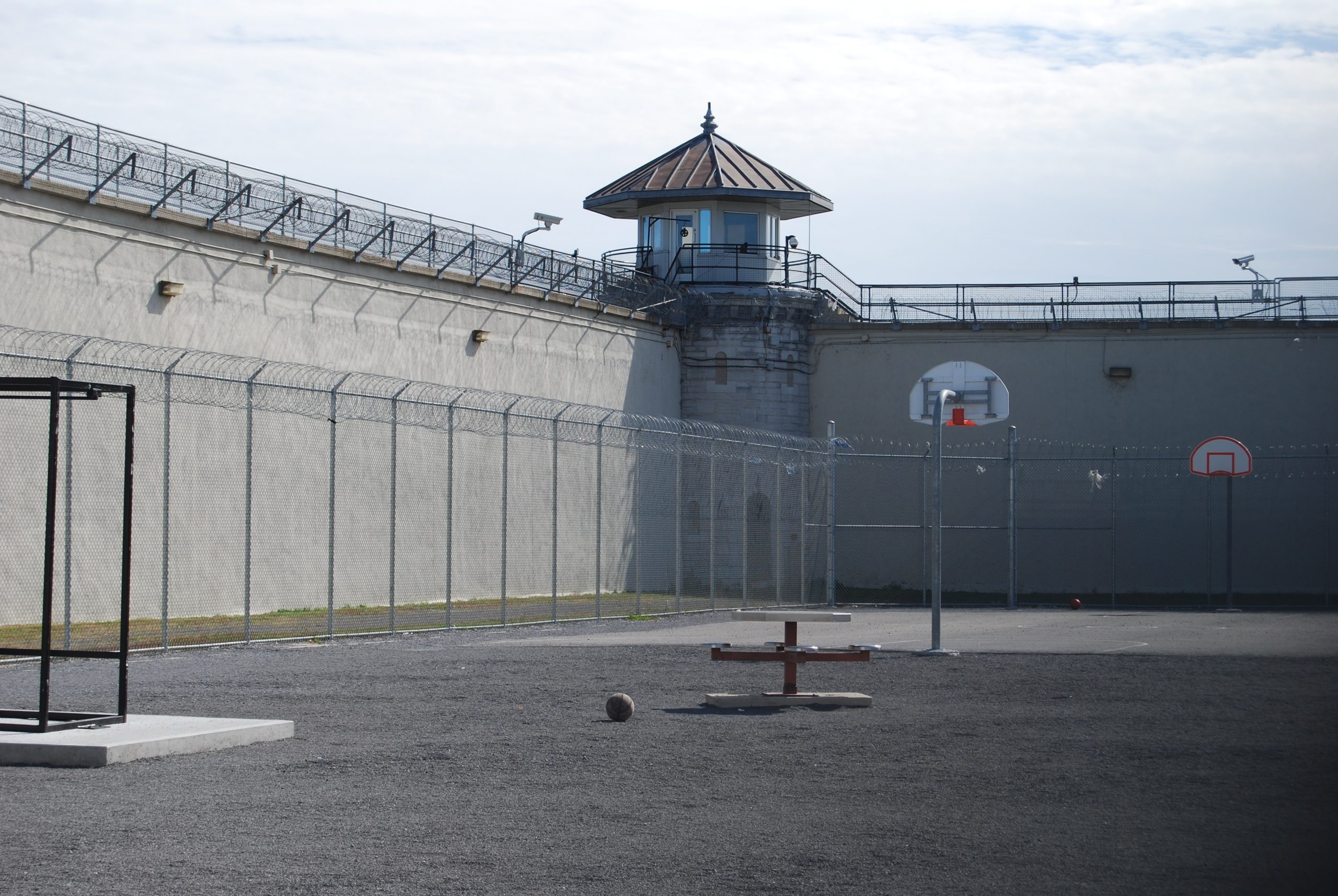Prisoners’ Rights and the Coronavirus
Written by Cooper & Friedman PLLC on May 15, 2020

COVID-19 pandemic has impacted everyone’s lives. People have changed how to work, communicate, and live during the pandemic to curb the spread while keeping loved ones safe. Unfortunately, not everyone has the freedom to isolate and avoid contracting the virus. There is growing dialogue and varied actions related to prisoners’ rights during the pandemic.
There are millions of people in prisons worldwide at serious risk of the virus. Prisons can become hotbeds for an outbreak, which can spread to surrounding communities.
Let’s take a look at prisoners’ rights during the coronavirus pandemic.
Why is Prison Disease Outbreak a Concern?
Coronavirus is a highly mobile disease and it spread through communities quickly. Prisons have thousands of people living in close quarters without proper safety precautions. This means that prisoners are likely to contract the virus quickly even if one person in the system infected.
A facility in Ohio saw nearly 1,800 inmates testing positive for the virus, which was about three-quarters of its population. Such cases are popping up all over the world and authorities are right to be worried about the impact.
Releasing the Prisoners
Several facilities have started to release prisoners to curtail the spread of the virus and keep people safe. Unfortunately, this could cause a great deal of harm. If people convicted of assault, DUIs, manslaughter, armed robbery, etc., are released, they may be a threat to the community.
In these uncertain times, releasing prisoners can cause stress to an already battered population. Many leaders, legal advocates, and victims have protested the decision but other advocates argue that not releasing prisoners can cause even more harm.
California has started to release hundreds of non-violent offenders to reduce crowding in prisons. Some county prisons have suspended intake for up to 60 days and more to avoid bringing the virus to their doorstep. While these steps are helpful, they aren’t enough to curtail the spread entirely.
Prisoners’ Rights During Coronavirus
First and foremost, prisoners have certain rights. It is the facility’s duty to ensure they remain safe and healthy. Inmates must receive proper medical care and have essential supplies to maintain good health. Advocate groups argue that prisons are unsafe during a pandemic and keeping inmates at risk violates their rights.
The problem doesn’t stop with inmates as even released prisoners have to deal with the outbreak. Most inmates end up being homeless because they have nowhere to go and very little money to support themselves outside the facility. Plus, some don’t have access to transportation that can take them to relatives or friends who may be willing to support them.
This poses a clear danger as released prisoners don’t have any way to protect themselves from the virus. They also face other challenges like hunger, exposure to the elements, and unsafe conditions on the streets.
Testing and Preventative Measures for Prisoners
Several community-based groups are working to help freed inmates. However, many are at capacity and worried about the spread of the virus. Some prisons are releasing inmates without testing them. Many aren’t providing basic supplies like masks, gloves, disinfectants or soaps. Plus, an infected person can spread the virus to other people in these centers and make the situation worse.
Experts agree that the only way to protect people’s rights and control the spread of the virus is to ramp up testing and preventive supplies. Testing kits have to be widely available and infected people must quarantine. Additionally, it is important to keep track of the spread and ensure everyone has masks, soap, or hand sanitizers.
Currently, responses to virus spread in prisons are disorganized. Facilities have started to panic and are making decisions that may harm surrounding communities. Clearly, we need a better solution to address this problem.
If you, a loved one or friend believe your fundamental rights have been violated, contact Cooper & Friedman Attorneys At Law today at 502-459-7555 to schedule a free consultation with a civil rights attorney.

